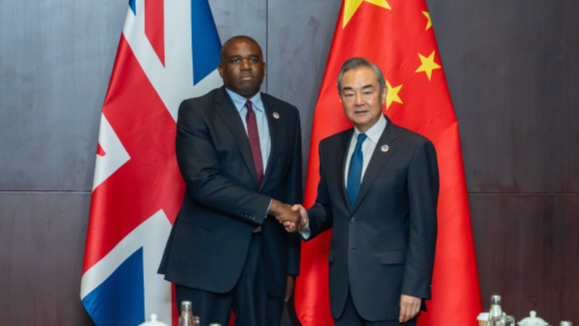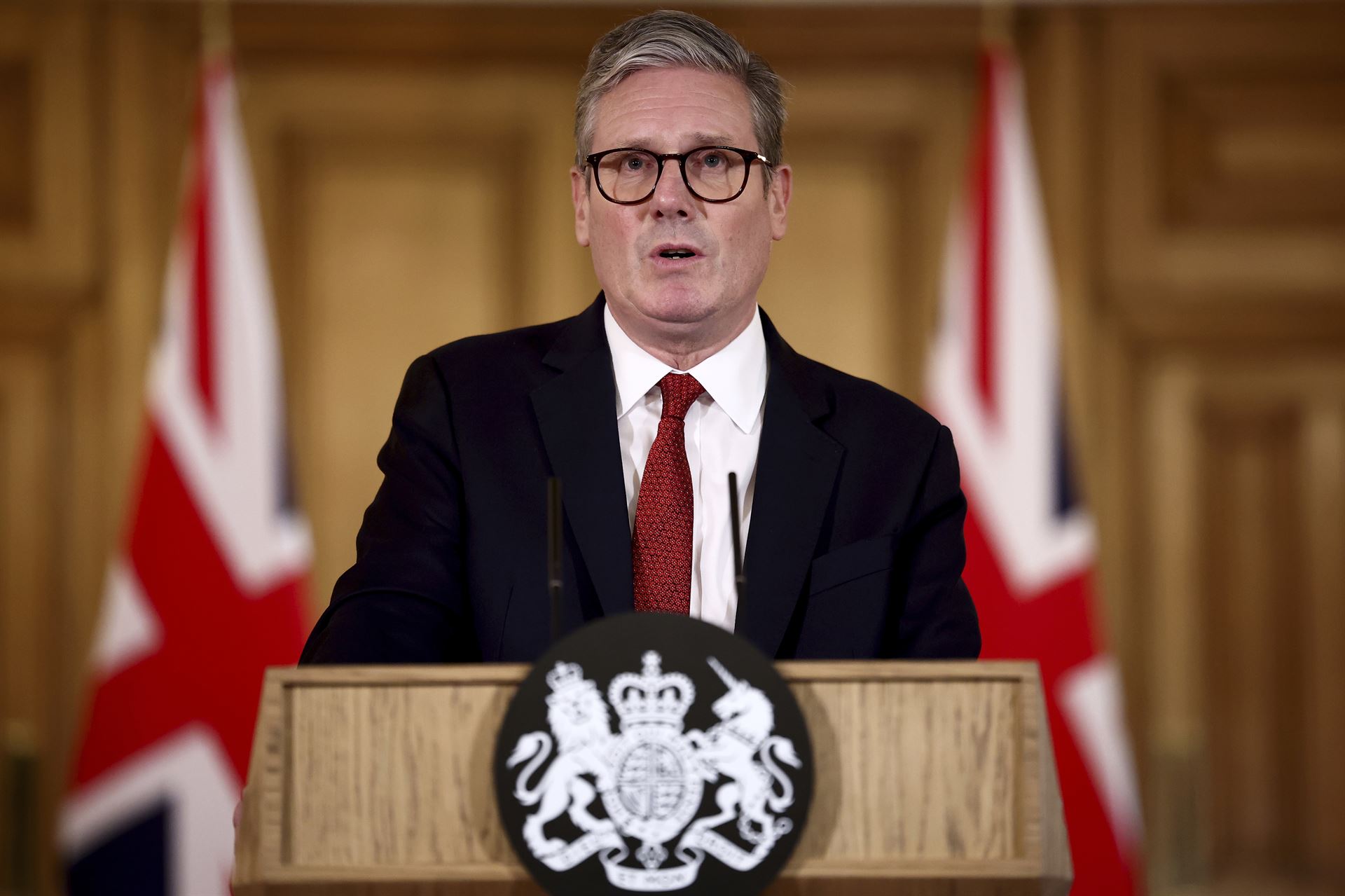
With a new government and Cabinet in place in Britain, experts anticipate a reset in relations between China and the United Kingdom, while calling on Downing Street to take a pragmatic and realistic approach toward mending ties with Beijing.
The UK elected Keir Starmer as prime minister last month, ending 14 years of Conservative rule. The Labour government had outlined its China policy in its election manifesto before the July 4 polls.
“After 14 years of damaging Conservative inconsistency over China, Labour will bring a long-term and strategic approach to managing our relations,” the manifesto said.
“We will cooperate where we can, compete where we need to, and challenge where we must.”
READ MORE: Envoy: UK, China should work together for common good
Starmer has promised a “full audit” of the UK’s relationship with China within his first 100 days in office. It could take as much as a year to carry out the audit, according to an article on the Politico website.
While the Labour government will largely follow the China policy of the previous administration, it is “likely to see minor adjustments in fields such as economy and trade”, Jian Junbo, deputy director of the Center for China-Europe Relations at Fudan University’s Institute of International Studies, told China Daily.
“The Labour government might adopt a more pragmatic approach toward China. Cooperation in climate change and investment could see potential growth.”
Official data showed China is the UK’s largest trading partner in Asia, with the UK ranking as China’s third-largest trading partner in Europe.
Former UK prime minister David Cameron sought to create a “golden era” of engagement with China in 2015, but relations swung to overt hostility under Liz Truss and then to confused ambiguity under Rishi Sunak, wrote newly appointed UK Foreign Secretary David Lammy in an article titled The Case For Progressive Realism, published in Foreign Affairs in April.
ALSO READ: China, Britain agree to work for closer communication
The UK must “adopt a more consistent strategy” that would recognize that Beijing “poses a systemic challenge for British interests” and recognize China’s importance to the British economy and the need to work with China on matters of global concern, Lammy wrote.
Zheng Zeguang, China’s ambassador to the UK, said it is a critical time now for China-UK relations, with the emergence of both new opportunities and new challenges.

Cooperation serves both
Speaking at an event organized for the British business community on July 30, Zheng said 52 years of diplomatic relations between the two countries have proved that cooperation serves both sides and the world.
Wang Zikui, an assistant researcher of UK politics at the Shanghai Academy of Social Sciences’ Institute of International Relations, told China Daily, “A pragmatic and realistic approach is expected from the Starmer government.”
China and the UK can see the possibility of cooperation on issues that do not involve security or sensitive topics, Wang said. “Clean energy, artificial intelligence and education could be areas of shared interest. Cultural and people-to-people exchanges should be further enhanced to bolster ties.”
READ MORE: UK shadow foreign secretary vows to pursue consistency, engagement with China
Noting the “special relationship” between the UK and the United States, Wang said the former will enhance its role as a “knot” in strengthening the bond between the US and the European Union, and will keep close ties with the US and the EU while exploring relations with China.
“The upcoming US election could further complicate Britain’s China policy as the UK is a core part of the US alliance system,” Wang said. “Whoever ascends to the White House will align Britain in consistency with its geostrategic goals.”
Jian of Fudan University said, “Global geopolitical shifts, as well as the US-UK and EU-UK relations, will influence the trajectory of China-UK relations.”
Contact the writers at shaoxinying@chinadaily.com.cn


